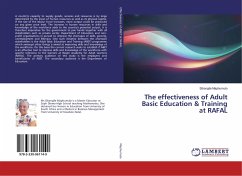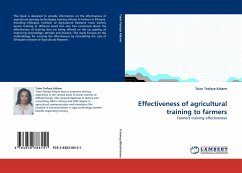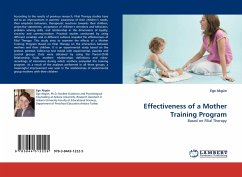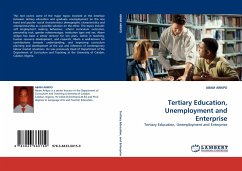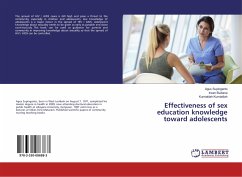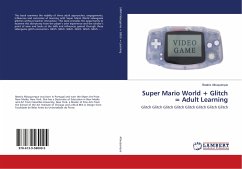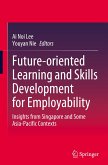A country's capacity to supply goods, services and resources is by large determined by the input of human resources as well as its physical capital. If the size of the labour force increases, more output could be produced on any given price level. The increase in human resources in skills and knowledge of the workforce adds to the country's potential output. It is therefore imperative for the government to join hands together with all stakeholders such as private sector, Department of Education and non-profit organisations in pursuit to improve the shortages of skills, poverty, unemployment and illiteracy. One such initiative between the aforesaid stakeholders is the Adult Basic Education and Training (ABET) programme which amongst other things is aimed at improving skills and knowledge of the workforce. On this basis the current research seeks to establish if ABET is an effective tool to improve skills and knowledge of the workforce with specific reference to the learners at Rosyln Academy for Adult Learners (RAFAL). The primary audience of this study is the employers and beneficiaries of ABET. The secondary audience is the Department of Education.
Bitte wählen Sie Ihr Anliegen aus.
Rechnungen
Retourenschein anfordern
Bestellstatus
Storno

